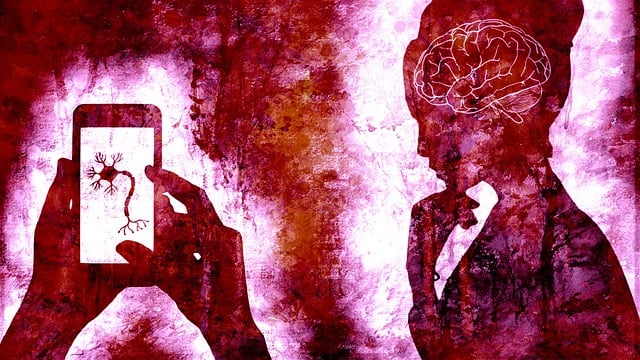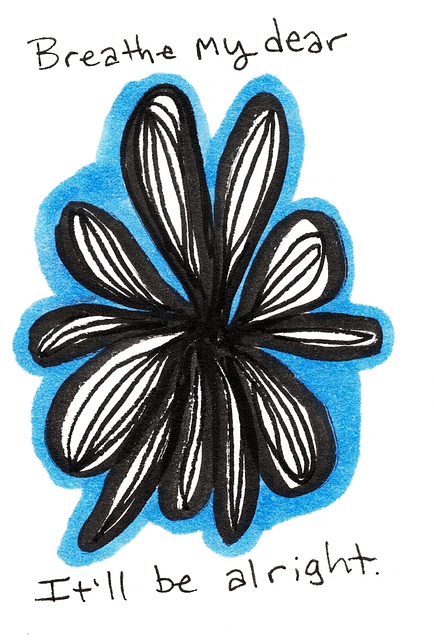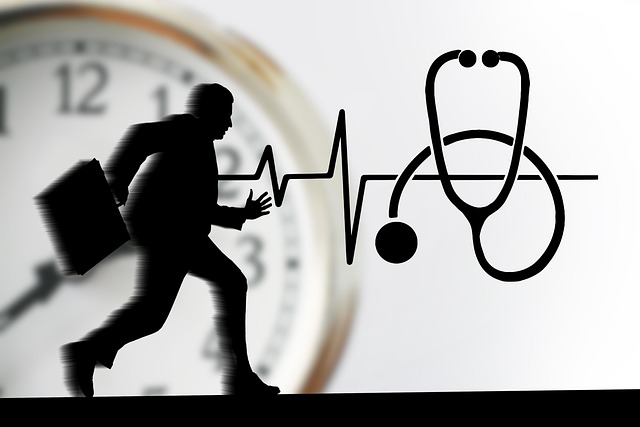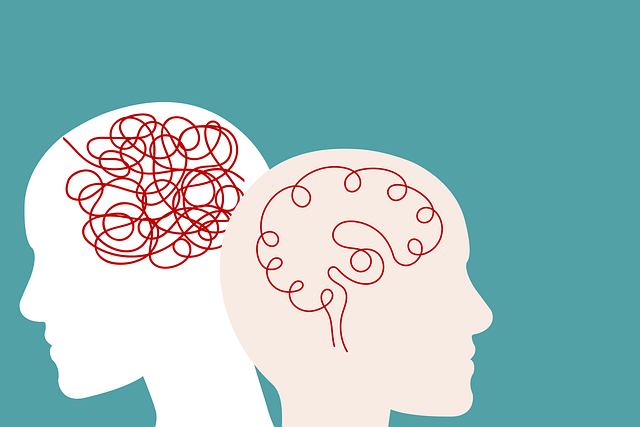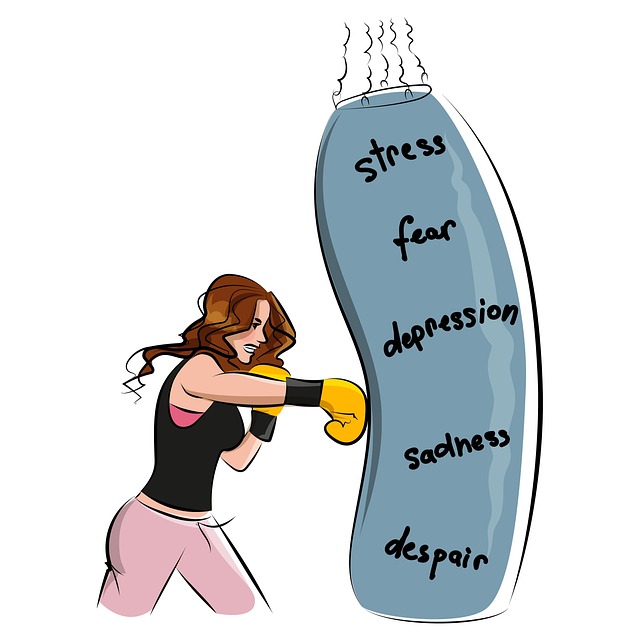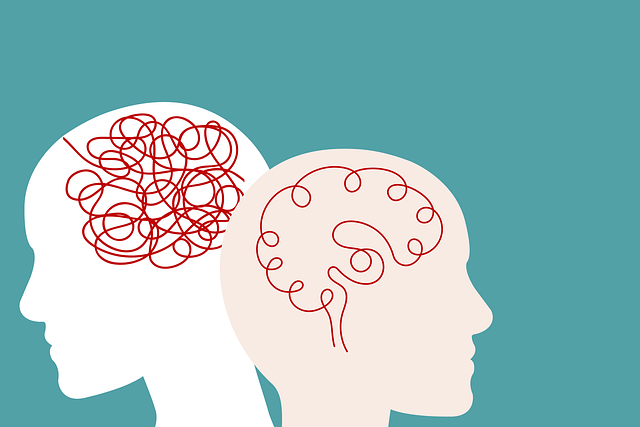Conduct disorder in adolescent teens is a serious mental health issue characterized by aggressive and antisocial behaviors. Early recognition of symptoms is crucial for effective therapy, focusing on self-esteem, empathy, and social norms adherence. Proven interventions like cognitive behavioral therapy, family therapy, and social skills training can manage the condition. Mental health advocacy raises awareness, promotes understanding, and facilitates early intervention. Tailored CBT approaches, burnout prevention, mindfulness practices, and healthy lifestyle habits are key to treating conduct disorder. Stigma reduction and community engagement initiatives revolutionize support systems, ensuring better access to therapy for adolescent teens conduct disorder. Continuous policy analysis and advocacy enhance sustainable mental healthcare tailored to young people's needs.
Mental health advocacy plays a pivotal role in shaping a supportive environment for adolescent teens grappling with conduct disorder (CD). This article delves into crucial aspects of CD, its symptoms, and far-reaching impacts on young lives. We explore the transformative power of mental health advocacy in raising awareness and fostering support networks. Furthermore, we examine evidence-based therapy approaches tailored to address CD and emphasize community engagement as a game-changer in improving access to quality mental healthcare for at-risk teens.
- Understanding Conduct Disorder in Adolescent Teens: Symptoms and Impact
- The Role of Mental Health Advocacy in Raising Awareness and Support
- Effective Therapy Approaches for Treating Conduct Disorder
- Community Engagement and Educational Initiatives for Better Mental Healthcare
Understanding Conduct Disorder in Adolescent Teens: Symptoms and Impact

Conduct disorder in adolescent teens is a serious mental health concern characterized by aggressive and antisocial behaviors. Recognizing the symptoms early on is crucial for effective therapy. This may include frequent arguing with adults, frequent or serious physical fights, bullying, cruelty to people or animals, and destruction of property. Teens with conduct disorder often struggle with self-esteem improvement, demonstrating a lack of empathy and disregard for social norms. The impact extends beyond the individual, affecting relationships, academic performance, and future prospects.
The effects of conduct disorder can be far-reaching, leading to legal troubles, substance abuse, and an increased risk of adult criminal behavior. However, with appropriate therapy for adolescent teens conduct disorder, positive changes are achievable. Interventions such as cognitive behavioral therapy, family therapy, and social skills training have proven effective in managing symptoms. These approaches aim to improve stress management, foster healthier interactions, and teach essential life skills, ultimately helping teens develop a more positive sense of self and navigate social situations more constructively.
The Role of Mental Health Advocacy in Raising Awareness and Support

Mental health advocacy plays a pivotal role in raising awareness and fostering support for individuals struggling with various mental health conditions, including Conduct Disorder in adolescent teens. Through advocacy, communities can break down stigma, educate the public, and promote understanding of the unique challenges faced by those dealing with mental illness. This, in turn, encourages early intervention and access to essential resources like therapy for adolescent teens with conduct disorder.
Advocacy initiatives also emphasize self-care routine development for better mental health, emotional regulation, and stress reduction methods. By highlighting these aspects, advocates empower individuals to take proactive steps towards managing their well-being. This holistic approach ensures that support extends beyond immediate crises, encouraging long-term mental resilience and overall well-being.
Effective Therapy Approaches for Treating Conduct Disorder

Treating conduct disorder in adolescent teens requires tailored and effective therapy approaches that address the complex nature of this mental illness. Cognitive Behavioral Therapy (CBT) has proven to be a game-changer, helping young individuals identify and change negative thought patterns and behaviors. By focusing on mindfulness meditation techniques, CBT encourages teens to become more aware of their actions and emotions, fostering self-regulation and improving impulse control. This therapeutic approach not only targets current conduct issues but also equips adolescents with valuable coping strategies for the long term.
Additionally, integrating burnout prevention strategies within therapy can significantly enhance outcomes. Conduct disorder often co-occurs with other mental health conditions, leading to increased stress and fatigue. Teaching teens mindfulness practices, setting realistic goals, and promoting healthy lifestyle habits can reduce burnout and improve their overall well-being. Mental illness stigma reduction efforts are also integral to the process, creating a supportive environment where adolescents feel comfortable seeking help and expressing their emotions without fear of judgment.
Community Engagement and Educational Initiatives for Better Mental Healthcare

In today’s digital era, mental health advocacy initiatives are transforming communities by fostering open conversations about emotional well-being. One powerful strategy is community engagement, where local groups and organizations collaborate to raise awareness and reduce the stigma surrounding mental health issues. Educational programs targeting adolescent teens with conduct disorders have shown significant success in promoting positive thinking and coping mechanisms. These initiatives often include workshops, peer support groups, and online resources that teach conflict resolution techniques, providing young individuals with essential tools for managing their mental health proactively.
By integrating these advocacy efforts into school curricula and community centers, we can ensure better access to therapy for adolescent teens conduct disorder and related mental health concerns. Through continuous Mental Health Policy Analysis and Advocacy, communities are equipped to create sustainable support systems that cater to the unique needs of young people, ultimately leading to improved overall mental healthcare.
Mental health advocacy plays a pivotal role in addressing issues like Conduct Disorder among adolescent teens. By raising awareness, advocating for support, and fostering community engagement, we can ensure better access to effective therapy approaches such as those tailored for Conduct Disorder. Initiatives that focus on education and community involvement are key to revolutionizing mental healthcare, ultimately enhancing the well-being of our young people. In terms of therapy for adolescent teens with Conduct Disorder, a multi-faceted approach backed by advocacy is our best game changer.
